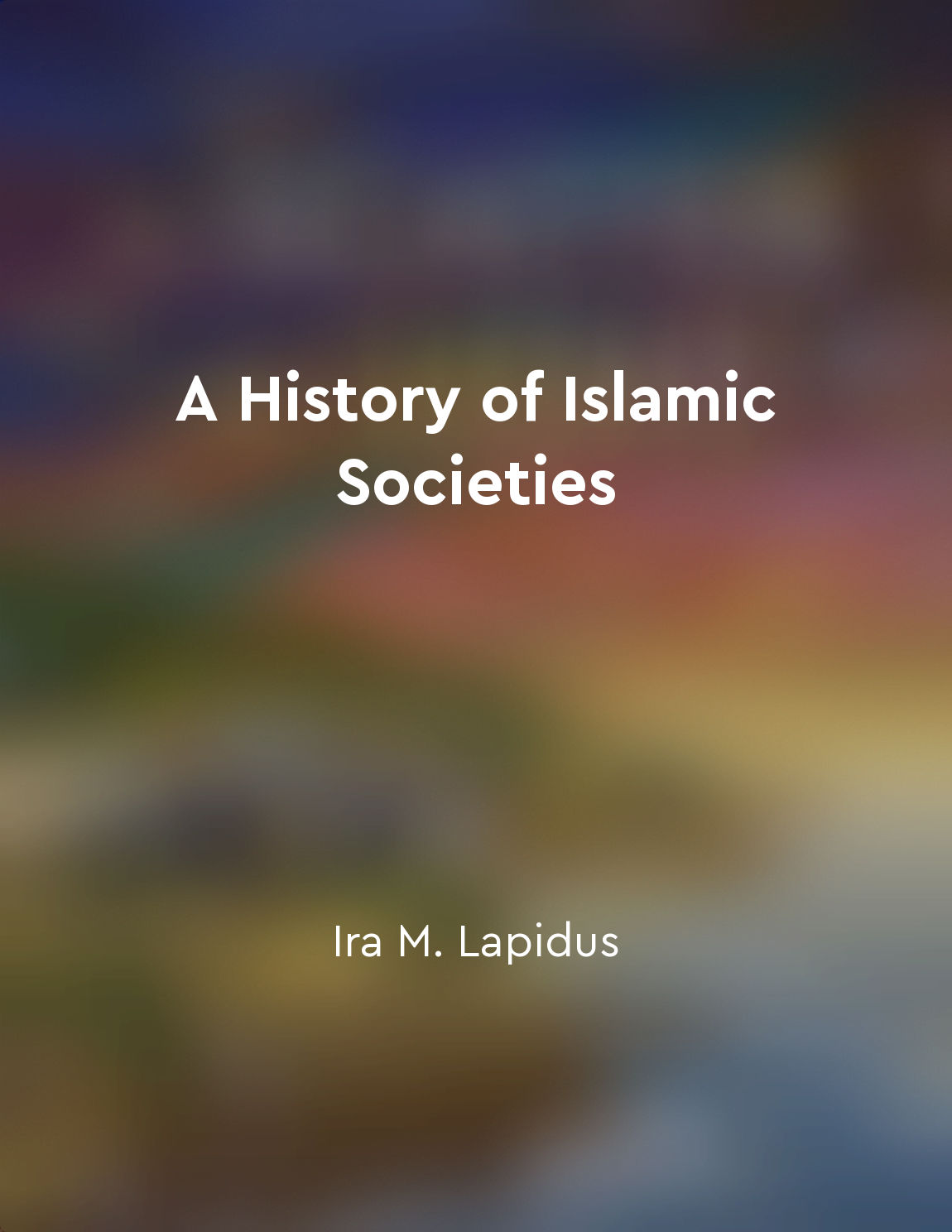Oil wealth transformed the economic landscape of Islamic societies from "summary" of A History of Islamic Societies by Ira M. Lapidus
The discovery of oil in the Middle East in the early 20th century marked a significant turning point in the economic landscape of Islamic societies. This newfound source of wealth brought about unprecedented changes, transforming the region into a major player in the global economy. The oil boom catapulted countries like Saudi Arabia, Kuwait, and the United Arab Emirates into positions of economic power and influence. Oil wealth enabled these countries to invest heavily in infrastructure development, education, and healthcare, leading to rapid modernization and urbanization. Skyscrapers, highways, and state-of-the-art hospitals became common sights in cities that were once small desert communities. The influx of foreign workers and investment further fueled economic growth and dev...Similar Posts
Renewable energy sources offer alternatives to oil
Renewable energy sources have emerged as a viable alternative to the traditional reliance on oil. The finite nature of oil rese...
Oil extraction can lead to conflicts
Oil extraction, while crucial for meeting the energy needs of societies, has often been the root cause of conflicts around the ...

The book challenges stereotypes and misconceptions about the Middle East
Thomas L. Friedman's exploration of the complexities within the Middle East offers a fresh perspective that challenges common s...
Regulation is necessary to manage the oil industry
Regulation plays a crucial role in managing the oil industry. The oil industry is a complex and highly competitive sector that ...

